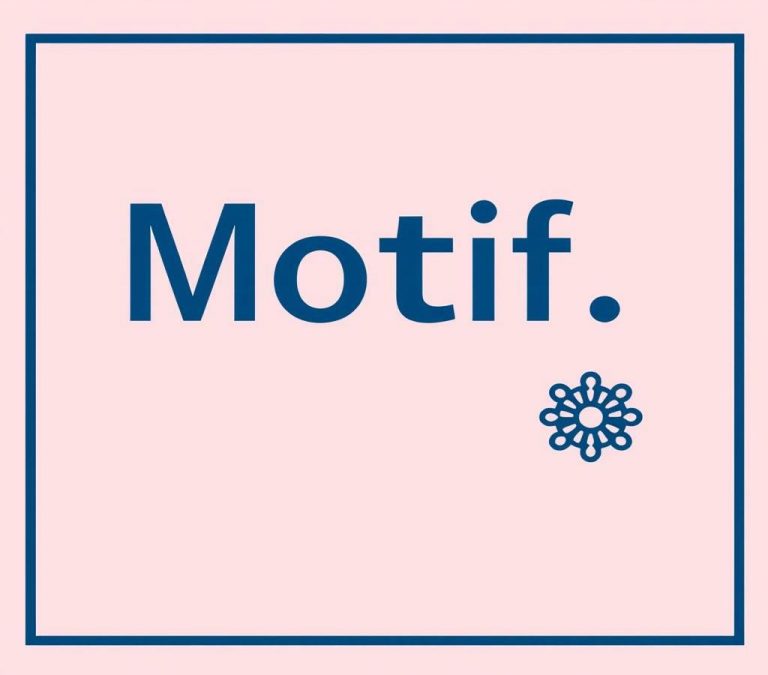Afterward vs. Afterwards: Grammar Usage & Proper English
“Afterward” and “afterwards” might seem confusing, but they are often used interchangeably. Both words refer to something that happens later in time. Many people wonder if there’s any significant difference between them or if one is more correct than the other. This article will explore the subtle distinctions and usage preferences between “afterward” and “afterwards” to help you use them confidently in your writing.
Quick Answer
Afterward and afterwards are interchangeable, but:
- Afterward is more commonly used in American English.
- Afterwards is more commonly used in British English.
- Both are correct, and the meaning remains the same: “at a later time” or “subsequently.”
Why There is Confusion
The words “afterward” and “afterwards” often lead to confusion due to their striking similarity in meaning and usage. Many people wonder if there is a significant difference or if they can be used interchangeably. Both terms essentially mean “at a later time,” but their usage can differ based on regional preferences and slight nuances in meaning.
One key reason for the confusion is the influence of American and British English. Cultural exchange and global communication mean that people from different regions are constantly exposed to both forms, sometimes leading to questions about which term is more appropriate in a given context. This article will examine the distinctions and commonalities between “afterward” and “afterwards” to offer a clearer understanding of their usage.
What Does “Afterward” Mean?
“Afterward” is commonly used in American English and serves as an adverb, meaning “at a later time” or “after a particular event.” For example, you might say, “I will finish my homework and afterward, I will watch TV.” In this sentence, “afterward” clearly indicates that watching TV will happen later, after the completion of homework.
This term does not require any additional punctuation and fits seamlessly into sentences to convey a sequence of events. It is generally shorter, and this brevity often appeals to American English speakers. Here are a few more examples to illustrate its usage:
- “She completed her project and felt a great sense of relief afterward.”
- “He will call you afterward to discuss the details.”
- “Afterward, the committee will review all the proposals.”
What Does “Afterwards” Mean?
Like “afterward,” “afterwards” also means “at a later time” or “after a specific event.” However, this form is predominantly used in British English. For instance, one might say, “We went to the movie, and afterwards, we had dinner.” Here, “afterwards” serves the same purpose as “afterward,” signifying that dinner took place after the movie.
Although nearly identical in meaning to “afterward,” “afterwards” tends to be used more frequently in British English settings. Below are some examples showcasing its usage:
- “He finished his speech and afterwards took questions from the audience.”
- “We had a great time at the party and talked about it for hours afterwards.”
- “Afterwards, the team celebrated their victory.”
Differences Between “Afterward” and “Afterwards”
Differences in Parts of Speech
Both “afterward” and “afterwards” function as adverbs, meaning they modify verbs, adjectives, or other adverbs by providing more information about when something happens. Unlike nouns, adjectives, or verbs, adverbs like these are not subject to much change and maintain consistent roles in sentences. However, the small variation in their form does not impact their grammatical function.
Differences in American and British English
The primary difference between “afterward” and “afterwards” comes down to regional usage. American English tends to favor “afterward,” while British English leans toward “afterwards.” This slight variance is similar to other word pairs in American and British English, such as “color” versus “colour,” “theater” versus “theatre,” and “analyze” versus “analyse.”
These differences are rooted in historical language developments and cultural preferences, rather than any alteration in meaning or function. Interestingly, despite the preference for one form over the other in each region, speakers from either group can understand both terms without confusion.
Other Relevant Differences
Other minor differences between “afterward” and “afterwards” may come down to personal or stylistic preferences. Some people might choose to use one word over the other based on how it sounds or fits within the rhythm of a sentence. In literary works, for instance, a writer might opt for “afterwards” if it better matches the tone or cadence of the text.
In professional or academic writing, consistency is key. Picking one form and using it consistently throughout a document ensures clarity and coherence. This rule applies regardless of whether you choose “afterward” or “afterwards.”
Synonyms
Both “afterward” and “afterwards” have several synonyms that can be used interchangeably in most contexts. These synonyms can help convey a similar meaning while adding variety to your writing.
Synonyms for “Afterward”
- Later
- Subsequently
- Thereafter
- Later on
- In due course
For example, instead of saying, “We’ll grab lunch and afterward go shopping,” you could say:
- “We’ll grab lunch and later go shopping.”
- “We’ll grab lunch and subsequently go shopping.”
- “We’ll grab lunch and thereafter go shopping.”
- “We’ll grab lunch and later on go shopping.”
- “We’ll grab lunch and in due course go shopping.”
Synonyms for “Afterwards”
- Later
- Eventually
- Subsequently
- In the aftermath
- Later on
For instance, instead of saying, “We went to the museum and afterwards had dinner,” you could say:
- “We went to the museum and later had dinner.”
- “We went to the museum and eventually had dinner.”
- “We went to the museum and subsequently had dinner.”
- “We went to the museum and in the aftermath had dinner.”
- “We went to the museum and later on had dinner.”
Examples of Usage
Here are some examples illustrating how both “afterward” and “afterwards” can be used in sentences:
- “They consulted with their advisors and afterward decided to invest in the project.” (American English)
- “She practiced hard for the marathon and felt extremely satisfied afterward.” (American English)
- “After the meeting, we went to the café and chatted for an hour afterward.” (American English)
- “The students attended the lecture and afterwards discussed the topics among themselves.” (British English)
- “After winning the award, he gave an emotional speech and celebrated with his family afterwards.” (British English)
- “They finished the game and went out for ice cream afterwards.” (British English)
These examples show that both words can be used effectively to indicate a sequence of events occurring one after the other. The choice between “afterward” and “afterwards” mainly depends on regional preferences or personal style, without altering the intended meaning.
Conclusion
In conclusion, while “afterward” and “afterwards” may seem almost identical, their primary difference lies in regional usage rather than meaning. “Afterward” is more commonly used in American English, whereas “afterwards” is more prevalent in British English. Both words function as adverbs and can be correctly used to signify something happening at a later time.
Understanding these subtle distinctions can help you choose the most appropriate term based on your audience and style preferences. Ultimately, the best practice is to remain consistent in your choice throughout any piece of writing.
With a clearer grasp of these terms, you can confidently use “afterward” and “afterwards” to enhance the clarity and flow of your writing, whether you’re writing a professional document, an academic paper, or simply communicating in everyday language.







